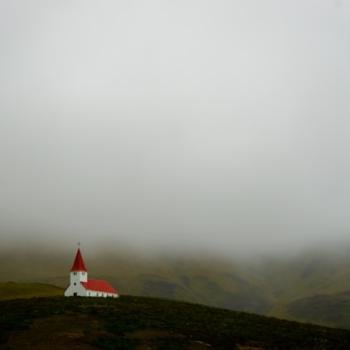Even Isaiah is hardly convinced that with the birth of this unnamed child, light will easily come. In Isaiah 9:8, he returns to the world he knows all too well, a world where a recalcitrant Israel, in the face of their shortcomings, defy YHWH by rebuilding "fallen brick houses," replacing them with houses of "dressed stones," planting great cedar trees to replace the fallen sycamores, thus proclaiming to their furious God that they control the world, not God! So YHWH "stirs up enemies against them," Arameans and Philistines, east and west (Is. 9:11-12). Despite all that, "the people did not turn back to the One who had struck them or seek YHWH of the armies." As a result, "YHWH cut them off head and tail, palm branch and reed in a single day" (Is. 9:14), and the darkness descends once again.
It is Christmas Eve again, and we raise our candles high, piercing the darkness with a feeble light. The child is born again, and we hope for light, a lasting light, an enduring peace. I am sure that next Christmas Eve we will do the same again, raising our candles, slipping puny, fluttering light into the ocean of darkness. Is that all there is?
One cannot be a Christian and a pessimist; that is an oxymoron. Christians are optimists, because we worship a God of justice, who wills justice and freedom and peace for all of God's people. To cite "one little candle" as our answer to the darkness is both romanticized foolishness and absolute truth. Still, of course, waxen candles in the sanctuary are only the symbol of what we are called to do in the world. The huge fire of justice and righteousness, fueled by warriors' boots and guns and bombs, as well as our excuses and laziness and selfishness, needs to burn and burn and burn in our sanctuaries, our world, and first and always in our hearts. Merry Christmas and let that fire burn against the darkness!




